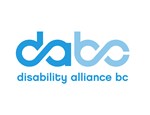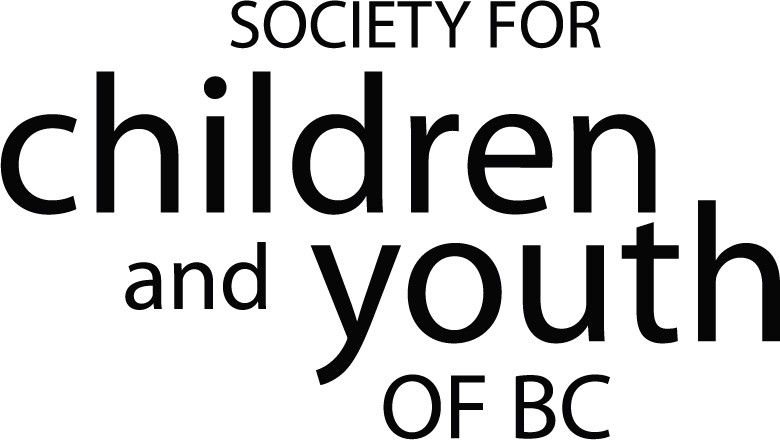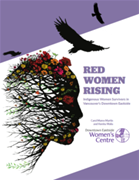2019 Bi-Monthly Update Series: March/April
To keep you informed, here are some highlights of changes and updates made to Clicklaw in March and April:
Jan-Feb | Mar-Apr | May-Jun | Jul-Aug | Sep-Oct | Nov-Dec
Motor Vehicle Accidents and Injuries Solution Explorer
by Civil Resolutions Tribunal

On April 1, 2019, the Civil Resolution Tribunal (CRT) started resolving many motor vehicle injury (MVI) personal injury disputes in British Columbia. This includes determinations of whether an injury is a “minor injury”, disputes about accident benefits, and disputes about damages and fault up to $50,000. The Solution Explorer is the first step in the online CRT process, with free legal information and tools.
Ordering a Court Transcript
by The National Self-Represented Litigants Project

This guide outlines the steps that are required to order court transcripts in each province/territory. It is a compilation of information obtained from court websites, telephone & email conversations with court services/transcript services at different courthouses, and from legal professionals.
The following help sheets have been updated:

- Income Assistance Application Process for People with Disabilities
- Persons with Disabilities (PWD) Benefit Application
- People with Disabilities on Reserve: The PWD Designation
- Transition from PWD Benefits to Old Age Benefits
- Rate Amounts for Persons with Disabilities (PWD) and Persons with Persistent and Multiple Barriers to Employment (PPMB) Benefits
- Persons with Persistent and Multiple Barriers to Employment (PPMB) Benefit Application

- Unbundling Legal Services Infographic – this new poster explains what unbundled legal services are, and where people can find lawyers offering these services.
- Keeping Aboriginal Children Safe: Your Family’s Rights – this new, illustrated booklet explains the child protection process for Aboriginal children and families.
- How to Appeal Your Sentence – New edition. Step-by-step guide for appealing a sentence for people who may or may not be in custody.
- How to Appeal Your Conviction – New edition. Step-by-step guide for appealing a conviction for people who may or may not be in custody.
- Your Welfare Rights: When You’re on Welfare – Includes what the ministry might ask you to do, what might happen if you don’t follow the ministry’s rules, income and assets you can have on welfare, your employment-related responsibilities, and how to appeal a ministry decision.
- A Second Chance: A Gladue Rights Story – this new graphic novel tells the story of Myra, who is charged with assault with a weapon. Myra learns about her legal rights and, with the help of Legal Aid, gets a Gladue report for her sentencing hearing.
- Clear Skies: A Family Violence Story – this new graphic novel tells the story of Marnie and her kids who live with family violence. With the support of her community, and by learning her legal options, Marnie is able to leave an abusive relationship
- How to Become a Child’s Guardian – the French language version updated.
Mediate BC has launched a new website, providing an easy way to learn everything you need to know about mediation, and help you find the right mediator. The updated listings on Clicklaw include:


- Being an Executor – this updated booklet is for people who have been asked to be an executor in a will.
- Power of Attorney – this updated booklet tells you how a power of attorney can be used to give someone the legal power to take care of financial and legal matters for you.
- Preparing Your Will – this updated publication explains how to prepare a will, what to consider when appointing an executor, and next steps after the will is finished.
- Essentials of Work & the Law (formerly Working in BC) – this updated booklet offers information about your rights & responsibilities as a worker.
- Unbundled Legal Services – this new website helps the public understand “unbundling”, a new service model for law in British Columbia.
Rise Women’s Virtual Legal Clinic (VLC)
from Rise Women’s Legal Centre

Provides free and low-cost legal services to self-identified women who live outside of the geographic zone from Whistler to Chilliwack (inclusive). The clinic offers a range of services, including information and summary advice, document drafting, and legal coaching for self-represented litigants.
Drop-in Legal Clinic at Ray-Cam Community Centre
from Society for Children and Youth of BC

This new drop-in legal clinic provides legal help for young people who are experiencing problems relating to family law, child protection, a breach of your human rights and many other legal issues.

- Dispute Resolution Education – education and coaching workshops regarding separation, divorce, parenting arrangements, support and division of property and debt.
- Pro Bono Estate Planning – estate planning assistance for low-income individuals who want to ensure that they have a valid will and all documents (incl. Power of Attorney & Representation Agreement) in place to handle their financial & personal matters should they not be able to.
- Pro Bono Family Mediation – family mediation for low income individuals with concerns in the areas of property division, support and custody.
Project Inclusion: Confronting Anti-Homeless and Anti-Substance User Stigma in British Columbia
by Pivot Legal Society

Project Inclusion is a comprehensive study into the ways in which specific laws and policies in policing, health care, and the court system directly undermine the health and safety of people who are homeless and living with substance use issues by trapping them in a cycle of criminalization.
Red Women Rising: Indigenous Women Survivors in Vancouver’s Downtown Eastside
by Downtown Eastside Women’s Centre

This comprehensive report is based on the lived experience, leadership, and expertise of Indigenous survivors. The report places Indigenous women survivors at the center, rather than as a secondary reference. It proposes 35 key recommendations and goes into more details in its 200 recommendations.

